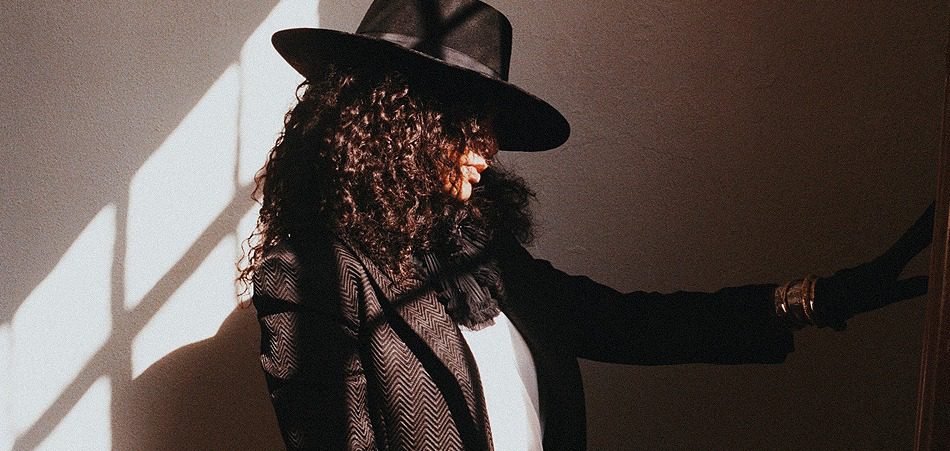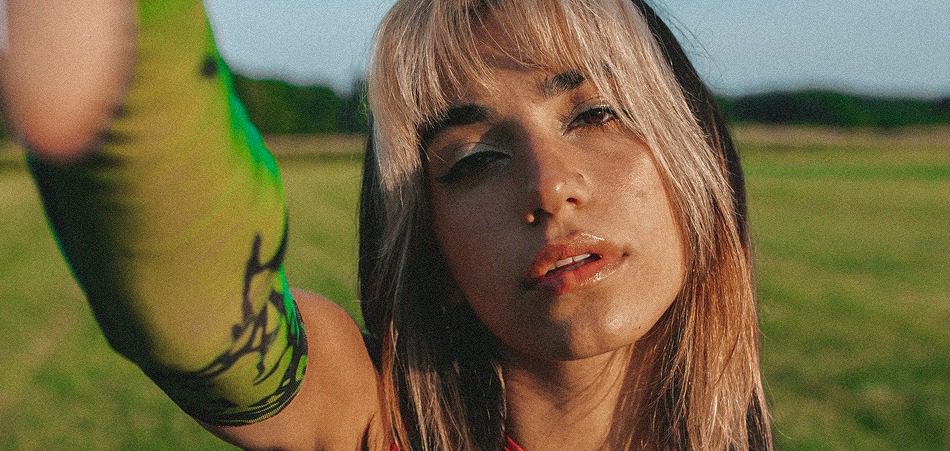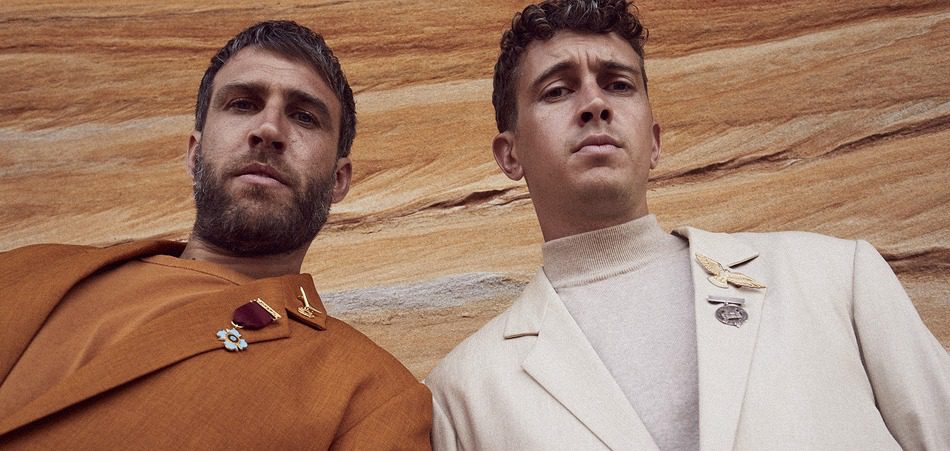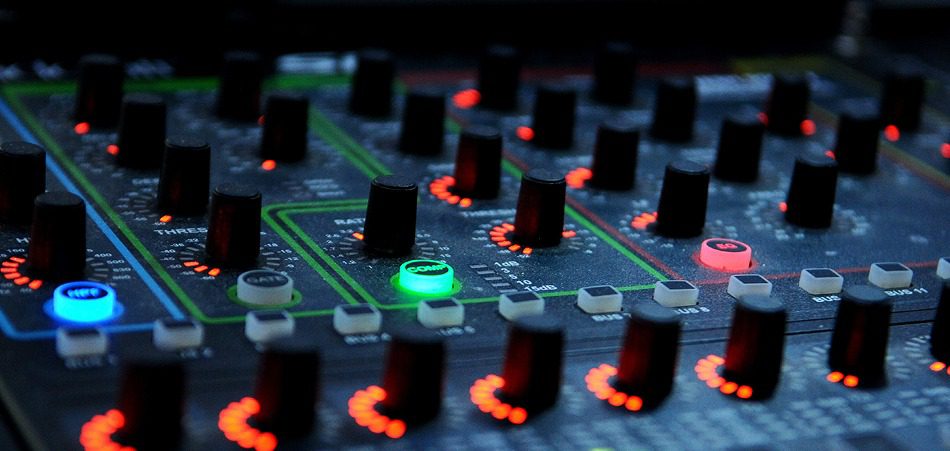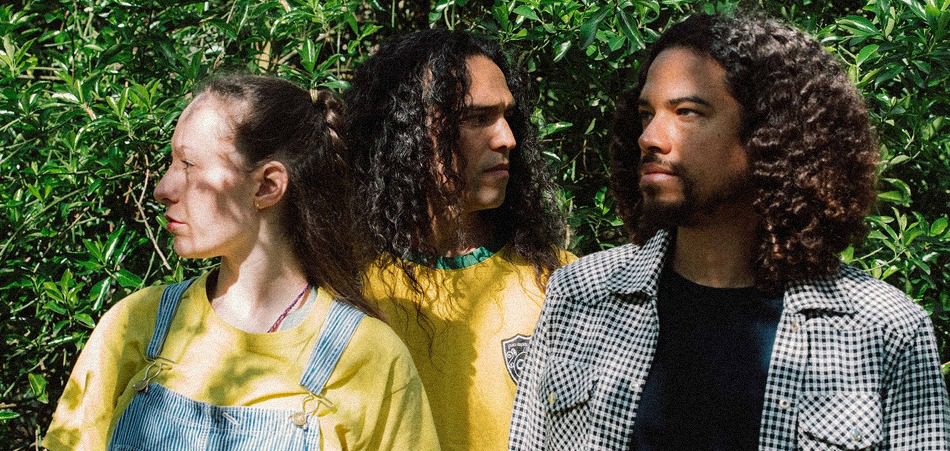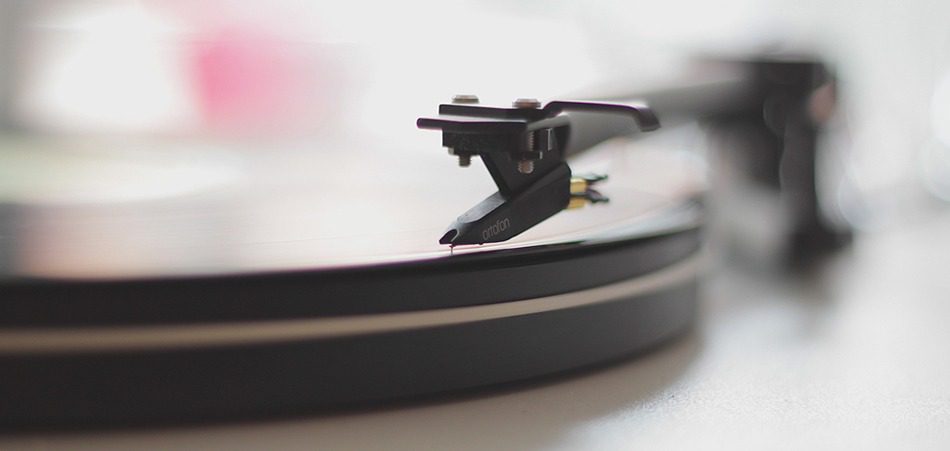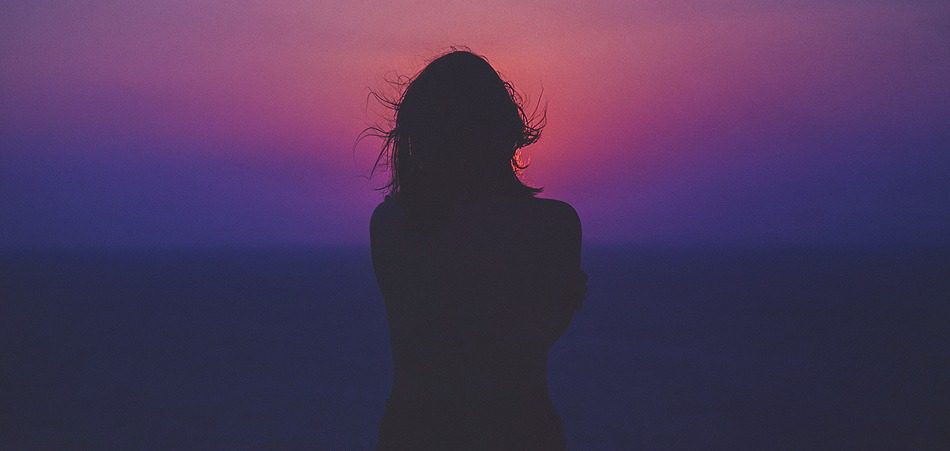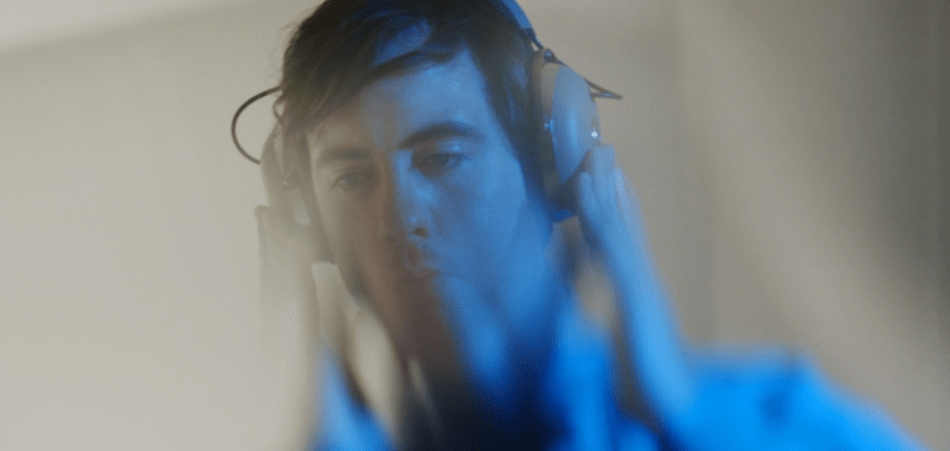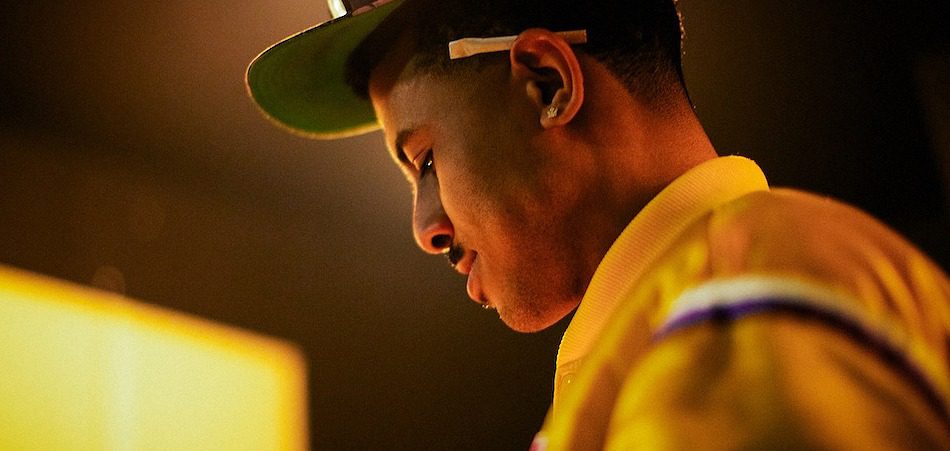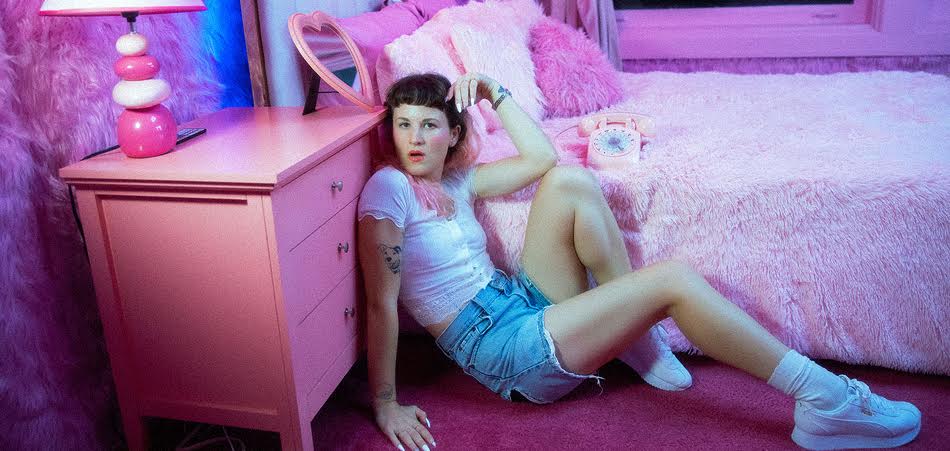The two halves of Boga have just woken up in their Los Angeles home when they hop on the phone with EARMILK to talk about their first single of 2020, “Trigger Happy,” a projection of frustration and outrage at the systemic murder of black Americans. Boga’s Ndidi O wrote the song after one of these instances in late 2019, but the lyrics are now more important than ever in the wake of George Floyd’s death.
“I remember feeling really frustrated that I’d read about another killing of an African American man. I was just so tired. I’m mixed, Mischa is white. We’re both from Canada so living down here we sort of see things slightly different from how both of us were raised. When I come into the US from Canada, I always feel a lot of pressure. I feel a lot more stress being a woman of color. I am nervous all the time that I might get shot,” says Ndidi O. “It keeps happening. It doesn’t stop. It’s very sad and frustrating because it doesn’t make any sense to me. I don’t understand that hate. A lot of the songs that came out of the end of last year and this year are an exploration of that, of trying to understand what that hate is and why.”
“Trigger Happy” is a reimagining of Boga’s brand of dark, experimental trip-hop. It has an undercurrent of funk, and a thin film of jazz on the surface. Boga’s production half, Mischa Chillak, says that the instrumentals are inspired by Can’s “Vitamin C,” a deconstructed jazz-rock track that tip-toes up and down pieces of a musical scale in a way that is simultaneously calculated and chaotic. For Boga, the sound shines a light on their characteristically dark instrumentations without sacrificing any of the intensity.
As Ndidi O drinks coffee in the company of her two cats, Wayne and Margie, she shares that the photo accompanying this interview is the first time she is showing her face, exposing her to the music industry as a woman of color. “I’m really hesitant about being a woman of color in the music industry. Anytime somebody sees a brown person, even if they’re not making ‘urban’ music or what is ‘black’ music, I’m automatically relegated to that category,” she explains. “I was really hesitant about showing my face because I wanted to be able to establish our sound, which is more trip-hop, experimental, electronic, there’s a lot of soul there but I didn’t want us to immediately go into the urban category.”
In the same way Lil Nas X fought his way into the country charts (with the help of Billy Ray Cyrus), Ndidi O hopes that with the help of white allies, black artists will be able to create in music in the genre forum that they choose, and that she herself will be able to avoid being sealed into the ‘urban’ box. It is essential that we acknowledge that all forms of popular music are heavily rooted in black music culture.
Boga will also be showing their faces in their first live concert over livestream, since Ndidi cannot currently tour as a solo artist and Mischa’s outside production work has been moved inside his home. They’re still working out the logistics, like what to do with the cat toys in the background of their living room, but plan to hold the concert by the end of June. The duo will also be releasing several singles over the next few months, culminating in an EP.
Connect with Boga: Spotify / Facebook / Instagram / Twitter


